While the irrational actions of man against some species of animals show us that we are in an increasingly dehumanized society, we cannot deny that there are people who fight to put a stop to unfair treatment and end the poaching that does so much harm to wild animals.
These same people, through different organizations, act in good faith and with the full support of the law to put behind bars those who only want to get rich by harming animals.
Almost half of the mountain gorillas live in the Bwindi Impenetrable National Park.
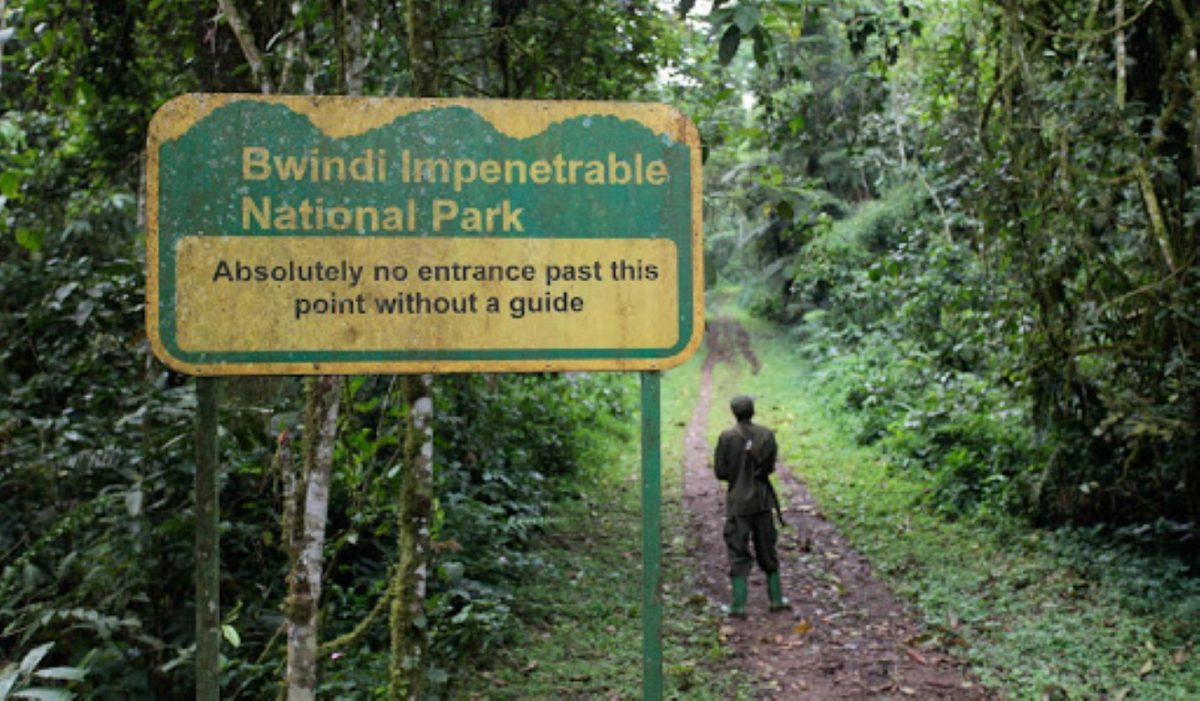
The whole world suffered the tragic death of Rafiki, a 25-year-old gorilla who was killed in the Bwindi Impenetrable National Park. Rafiki had gone missing on June 1st, the next day a search party found his body.
According to park authorities, it is believed that a spear was thrown at him which pierced his internal organs and sadly ended his life. A man was arrested and charged with killing Rafiki, although several hunting items were seized from him, he claims that he killed the gorilla in self-defense.
Rafiki was the leader of the Nkuringo gorilla group of 17 gorillas.
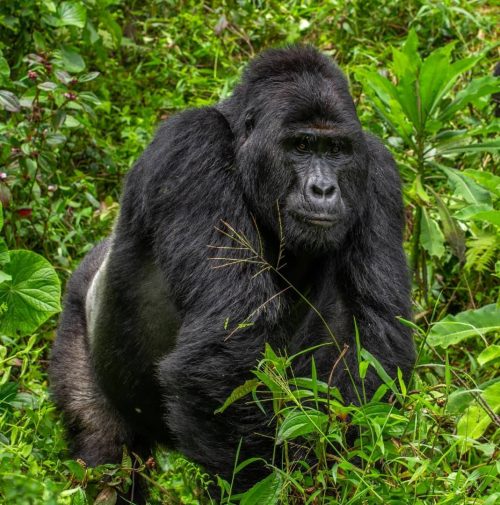
Rafiki was a silverback gorilla, also known as mountain gorillas. The International Union for Conservation of Nature (IUCN) has declared this species as endangered.
While the loss of Rafiki was a huge blow to the Ugandan Wildlife Authority, today their hearts are full of joy and above all, hope after the birth of two baby gorillas in the same park where Rafiki died.
The birth of the new baby gorillas is a very encouraging drop for all animal advocates.
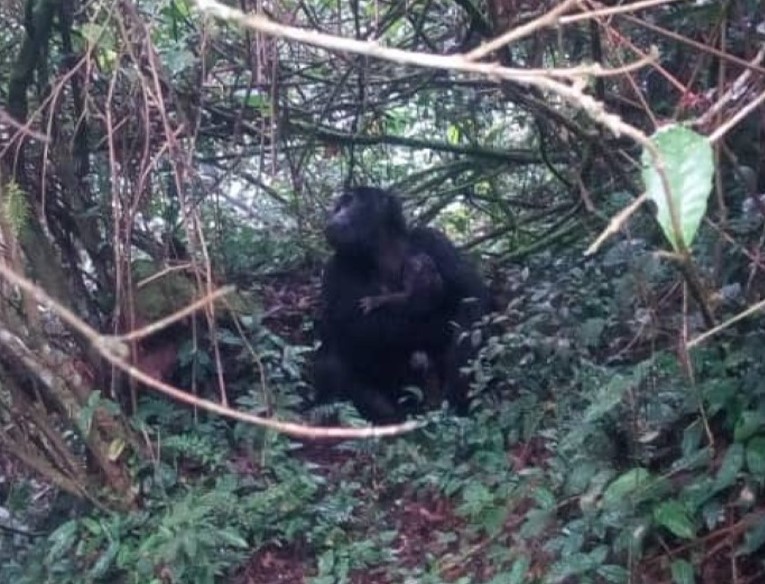
The babies were born in July in separate groups, one group named Mubare and the other Oruzogo, as part of a “baby boom” a small group of gorillas in the forest protected among tourists.
A spokesman for Wildlife Uganda noted:
“For us it is a sign of relief. We lost one. We have two. But, of course, losing one is bad enough.”
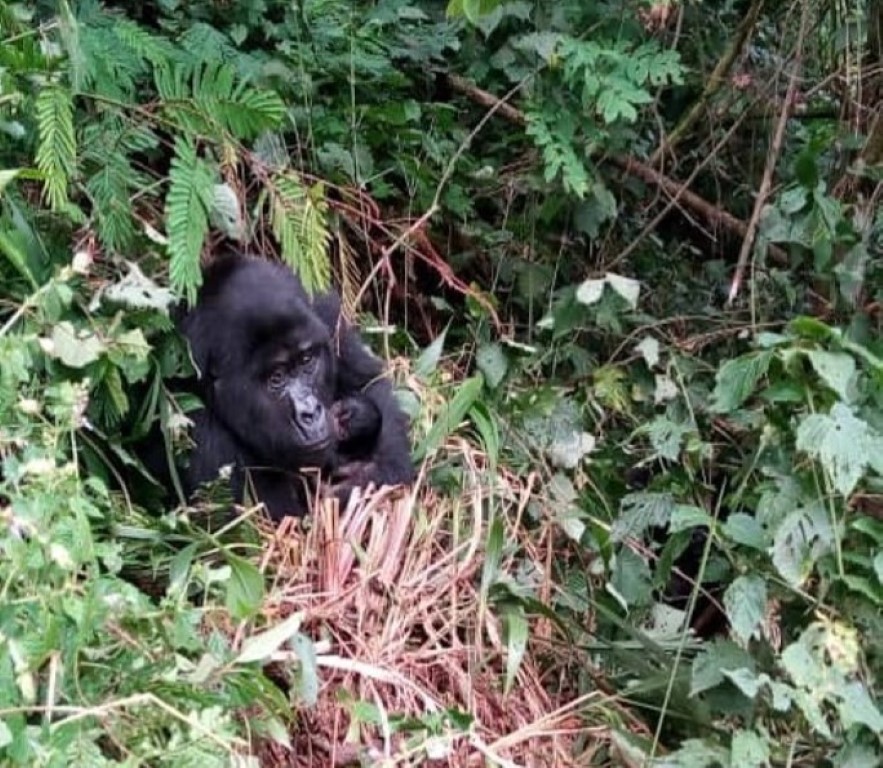
In November 2018, mountain gorillas were classified as critically endangered, with the birth of these two babies the population is growing very slowly but surely.
Unfortunately, in recent years some gorillas in Uganda have died of natural causes, while another large number have perished at the hands of poaching.
Protecting gorillas is a team effort.
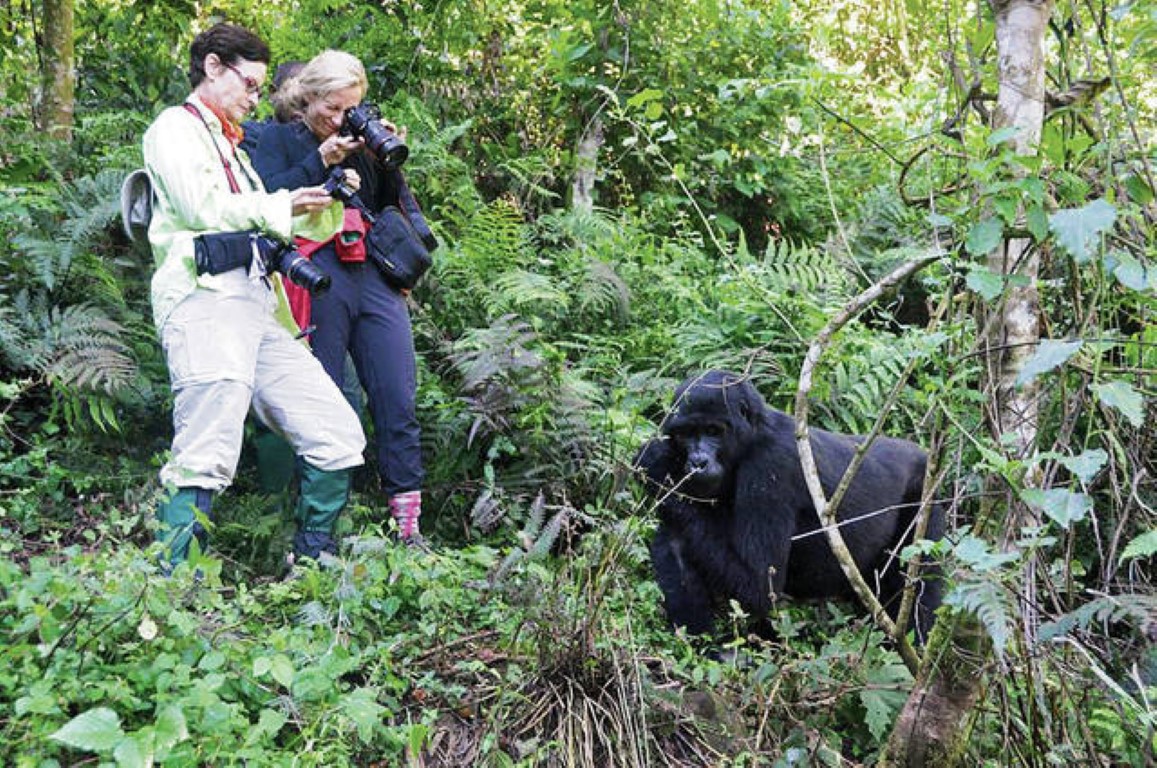
In Uganda, Rwanda and Congo about 1,000 gorillas live protected thanks to tourism revenues. In these particulate areas, a $600 gorilla-tracking permit is available for thousands of tourists each year who pay to see these wild creatures from a distance.
With that money the authorities protect the animals, investing not only in anti-poaching activities but also helping the local communities that contribute so much to safeguard these creatures that however large they may seem are vulnerable to the hunting and predatory eye of man.
In the midst of chaos, there is always reason to celebrate good news.
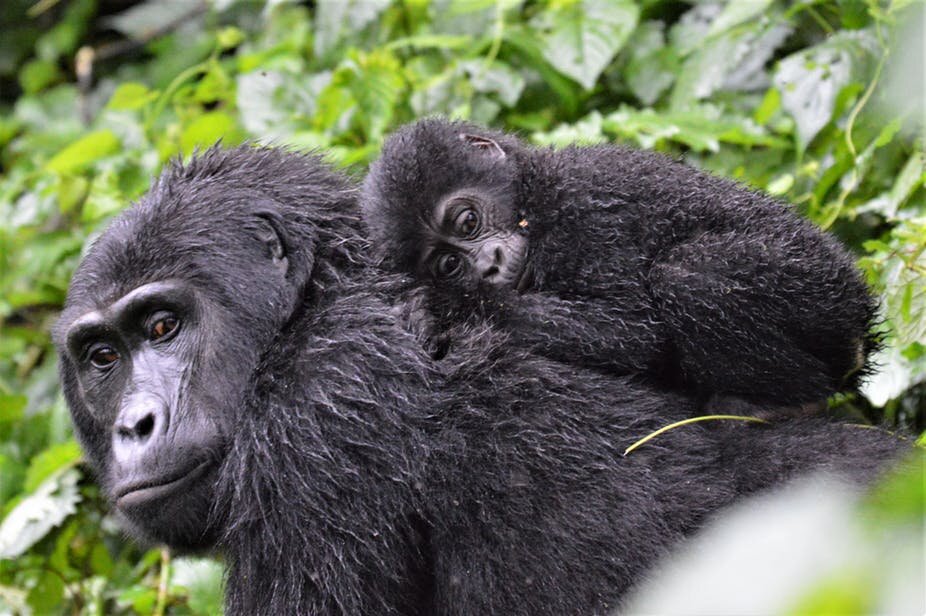
Unfortunately, in recent months many of these gorillas have been left vulnerable as the pandemic has drastically reduced the number of tourists, creating constant concerns for villagers and activists to continue protecting this species.
While there are still many questions about how to ensure the safety of the mountain gorillas, the birth of these babies is a beautiful sign of hope.
A new life will always be a great reason to be thankful and celebrate. Let’s protect the most vulnerable species and be part of that group that loves and defends animals. Let’s raise our voices in defense of those who have none. Share!




